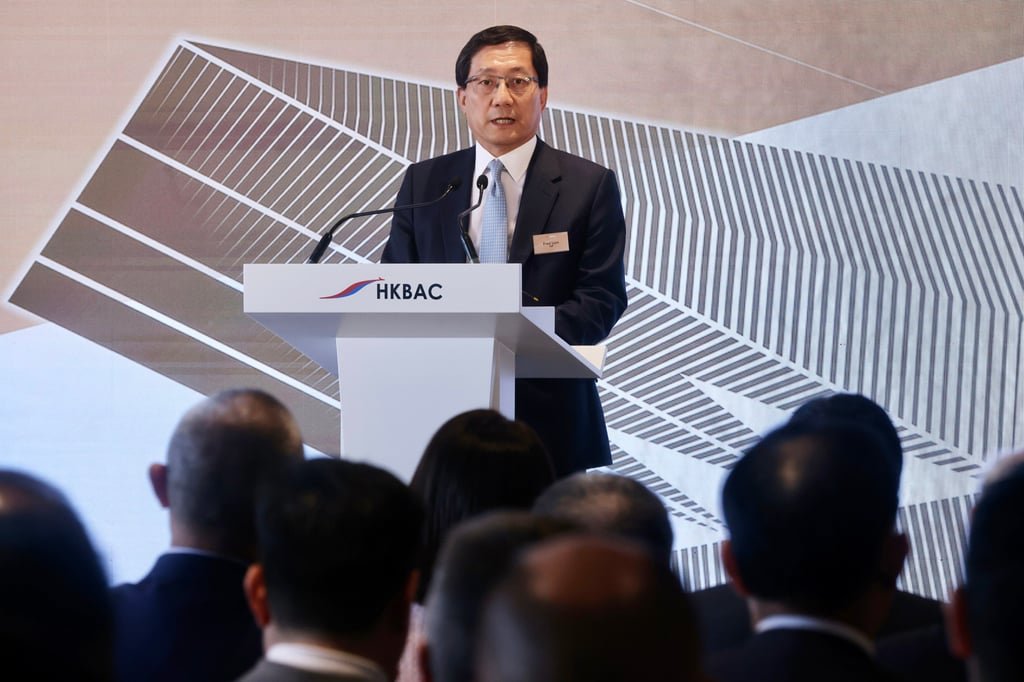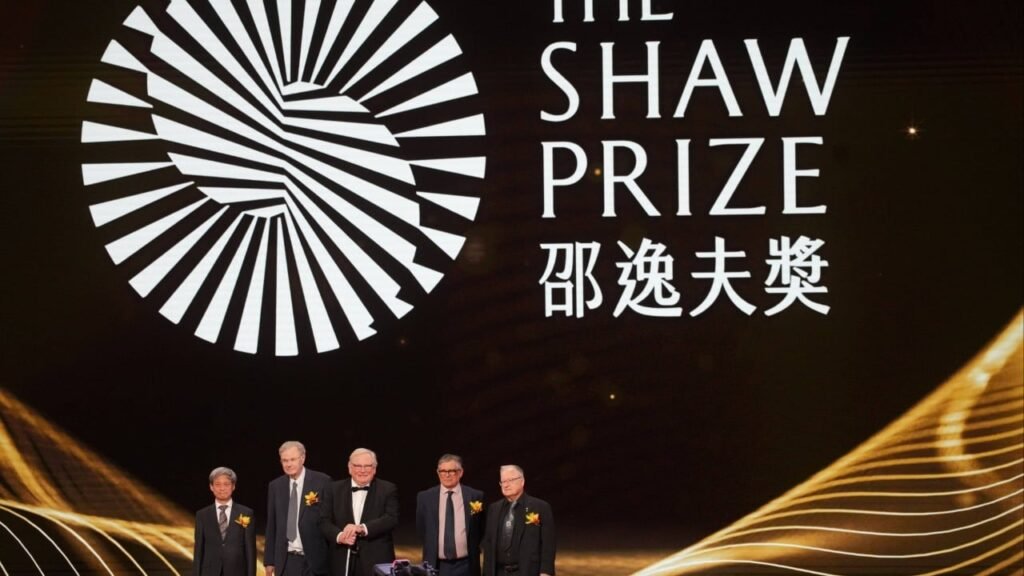Wealthy families from across the world use Hong Kong and Singapore as twin hubs to expand in Asia, preferring real estate and private direct investments for long-term growth, according to a report by Julius Baer on Tuesday.
Hong Kong and Singapore are a natural choice for affluent families with regional ties or pan-Asian investments, according to the Swiss bank’s 2025 Family Barometer annual report that tracked 2,500 family office experts in Europe, Asia, the Middle East and Latin America about their investment plans.
“We are seeing families move beyond simply managing wealth – they are looking for institutional-style platforms that can support them across borders, across generations,” said Christos Anagnostopoulos, head of family office solutions and advisory for Asia at Julius Baer.
Do you have questions about the biggest topics and trends from around the world? Get the answers with SCMP Knowledge, our new platform of curated content with explainers, FAQs, analyses and infographics brought to you by our award-winning team.
“Singapore and Hong Kong offer that mix of infrastructure, talent and regional relevance,” he said. “This is where Singapore and Hong Kong stand out.”
Singapore, which offers political stability and a clear regulatory environment for family offices, serves clients from across Asia and the Indian subcontinent. Photo: AFP alt=Singapore, which offers political stability and a clear regulatory environment for family offices, serves clients from across Asia and the Indian subcontinent. Photo: AFP>
Hong Kong has 2,700 single-family offices, while Singapore has more than 2,000. Both cities have offered tax incentives and investment migration schemes in recent years to attract wealthy families to set up family offices, which handle succession planning, wealth management, charity and art collection.
The report said Hong Kong’s international appeal, proximity to mainland China and a deep talent pool attract both Chinese families and those from Asia and beyond. Hong Kong has many top international schools, which is an important consideration for wealthy families, the report added.
Since 2023, the Hong Kong government has introduced eight measures, including tax concessions and the Capital Investment Entrant Scheme (CIES), to develop the city as a family office hub. The CIES offers fast track residency for those investing HK$30 million (US$3.8 million).
The measures helped attract 200 new family offices to Hong Kong since its launch, with the government now setting a target to bring another 220 over the next three years.
“Hong Kong continues to develop as a hub for family offices, with families tapping investment opportunities in mainland China, the wider Asia-Pacific region and global markets,” a Julius Baer spokesman said.
The report said Singapore offered political stability and a clear regulatory environment for family offices, while it served clients from across Asia and the Indian subcontinent.
“Many families increasingly view Hong Kong and Singapore as complementary rather than competing choices,” the spokesman said. “Hong Kong offers unparalleled access to the mainland and regional reach, and Singapore provides diversification across Asia. This dual-hub dynamic underscores the sophistication of Asia’s expanding family-office landscape.”
For wealthy Asian families, investment management remains a major reason for them to set up family offices. Real estate and private direct investment were dominant in their investment portfolios, as they offered diversification and growth opportunities to achieve their long-term investment goal, the report said.
“Younger generations are using private investments to align wealth with values, legacy and long-term impact across sectors and geographies,” the report said. “Families are no longer content to sit passively on capital. They want to engage with it, direct it and use it to shape a future they believe in. Private markets offer the tools and flexibility to do just that.”
The Julius Baer report also found that family offices were concerned about the impact of family members’ longevity.
“We are not just living longer – we are extending the narrative of what family wealth must support,” says Roger Stutz, head of wealth planning at Julius Baer. “It requires a strategic mindset that looks far beyond wealth preservation towards what we call financial longevity.”
“With families now spanning up to five living generations, longevity naturally brings greater potential for divergence in how different age groups view wealth, risk and purpose,” the report said. “Gen X may prioritise capital preservation and tax efficiency, while Millennials and Gen Z often seek impact-aligned investing, digital transparency and more collaborative governance structures.”
This article originally appeared in the South China Morning Post (SCMP), the most authoritative voice reporting on China and Asia for more than a century. For more SCMP stories, please explore the SCMP app or visit the SCMP’s Facebook and Twitter pages. Copyright © 2025 South China Morning Post Publishers Ltd. All rights reserved.
Copyright (c) 2025. South China Morning Post Publishers Ltd. All rights reserved.








